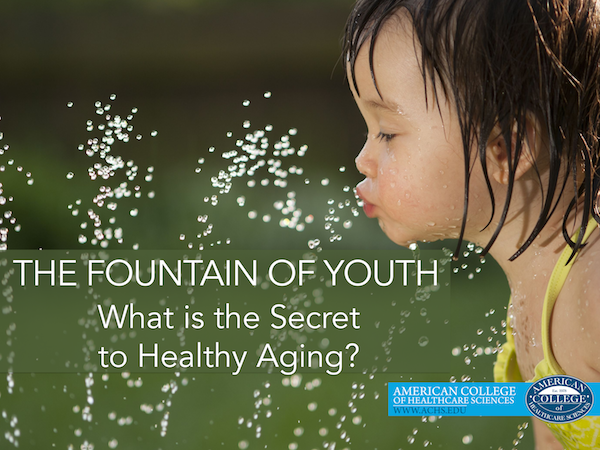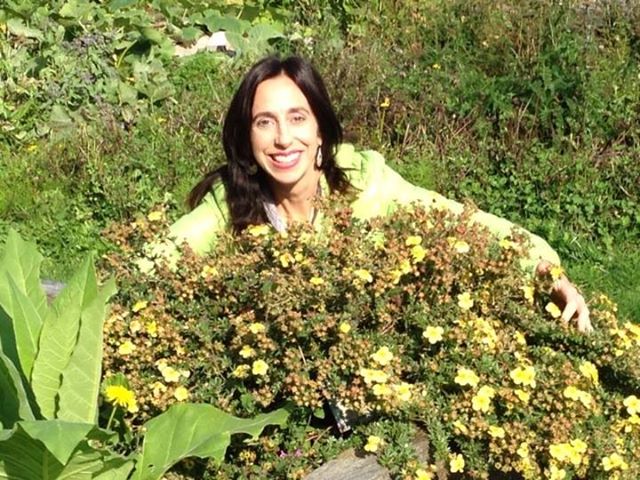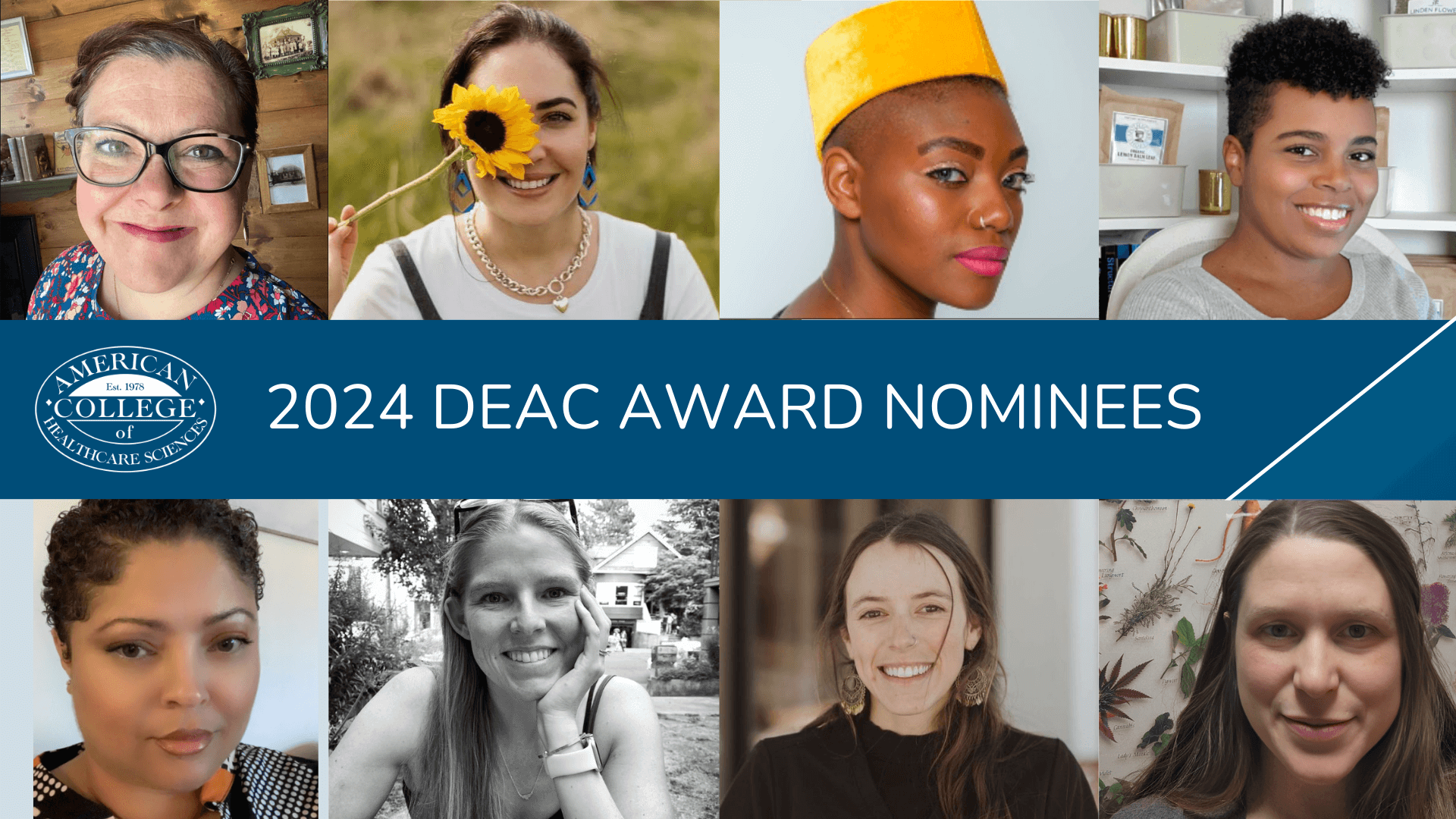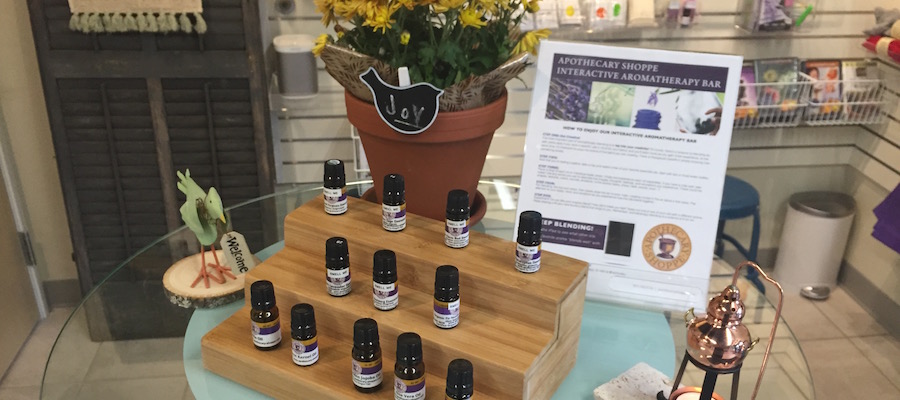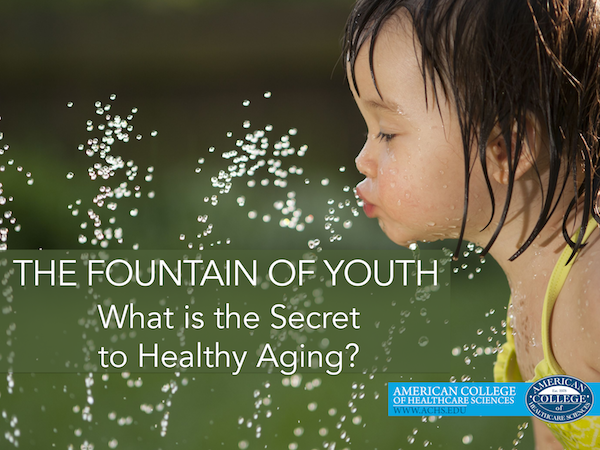 For centuries, explorers scavenged the earth searching for the fountain of youth… but what exactly were they looking for? And why were they so afraid of growing old?
For centuries, explorers scavenged the earth searching for the fountain of youth… but what exactly were they looking for? And why were they so afraid of growing old?
Most likely, they had fears just like us. The serious stuff: disease, pain, suffering… as well as the vanity items: wrinkles and saggy skin. Many of us associate aging with disease and sickness, since we've seen many people suffer tremendously from illness as they age. After all, since 1910, heart disease has been the leading cause of death every year except 1918–1920, when the influenza epidemic took its disastrous toll. Since 1938, cancer has held the second leading cause of death.
But did you know that aging is not inevitably to blame? Aging is a normal biological process, but it is not necessarily synonymous with disease. Old age doesn’t have to mean getting sick. So it’s time to embrace this process – no matter what your age!
The science surrounding longevity is encouraging. Researchers have learned that people who do not use tobacco, who get regular physical activity, and eat a healthy diet can significantly decrease their risk of developing heart disease, cancer, diabetes, and other chronic conditions.
Have you heard about Blue Zones? These are heavily researched areas of the world because they produce the highest number of centenarians (people who live 100 years or more). What can the Blue Zones teach us about aging? The centenarians living in these areas of the world suffer less disease and sickness, allowing them to live healthier lives. Looking at the research, statistics, and lifestyle patterns found in the Blue Zones, we can aim for long, healthy lifespans. If we focus on areas of our lives that we can change (such as our diet, sleep patterns, exercise routines, etc.), we can strive for optimal wellness.
But we have to remember to integrate. Exercise and movement is great, but requires optimal fuel (good food!) to be effective. A healthy diet is extremely important, but if we don’t manage stress, then it’s not necessarily helpful for preventative wellness. Each component of holistic wellness must be integrated into a lifestyle for us to see optimal benefits. While you may or may not live to see your 100th year (I hope you do!), your life will be richer and fuller if you’re following holistic principles.
Another fun fact to inspire you to live like a future centenarian: the Blue Zone regions in Japan also value “ikigai,” (生き甲斐), which is translated as “a reason for being.” It is fascinating to watch how a person’s energy increases when they understand their own ikigai. For some, it takes a rich, lifelong journey to discover their ikigai.
I am a graduate and guest blogger for American College of Healthcare Sciences, the Institution that publishes this blog. However, all opinions are our own. If this blog contains affiliate links, they will be marked with an asterisk. I am disclosing this in accordance with the Federal Trade Commission’s 16 CFR, Part 255: “Guides Concerning the Use of Endorsements and Testimonials in Advertising.”
This article is for informational purposes only. It is not intended to treat, diagnose, cure, or prevent disease. This article has not been reviewed by the FDA. Always consult with your primary care physician or naturopathic doctor before making any significant changes to your health and wellness routine.
Sources:
Buettner, D. (2005). Longevity, the secrets of Long Life - national geographic magazine. National Geographic. Retrieved from http://ngm.nationalgeographic.com/ngm/0511/feature1/
Foley, D.J., Heimovitz, H.K., Guralnik, J., Brock, D. (2002). Driving life expectancy of persons aged 70 years and older in the United States. Am J Prev Med. 92(8):1284-1289
Ridale, J.M. (2002). History as a look in identifying “new” old drugs. Adv. Exp. Med Biol, 505:89-94.

